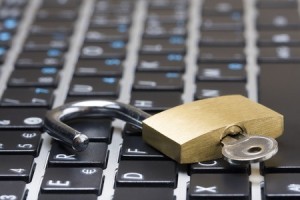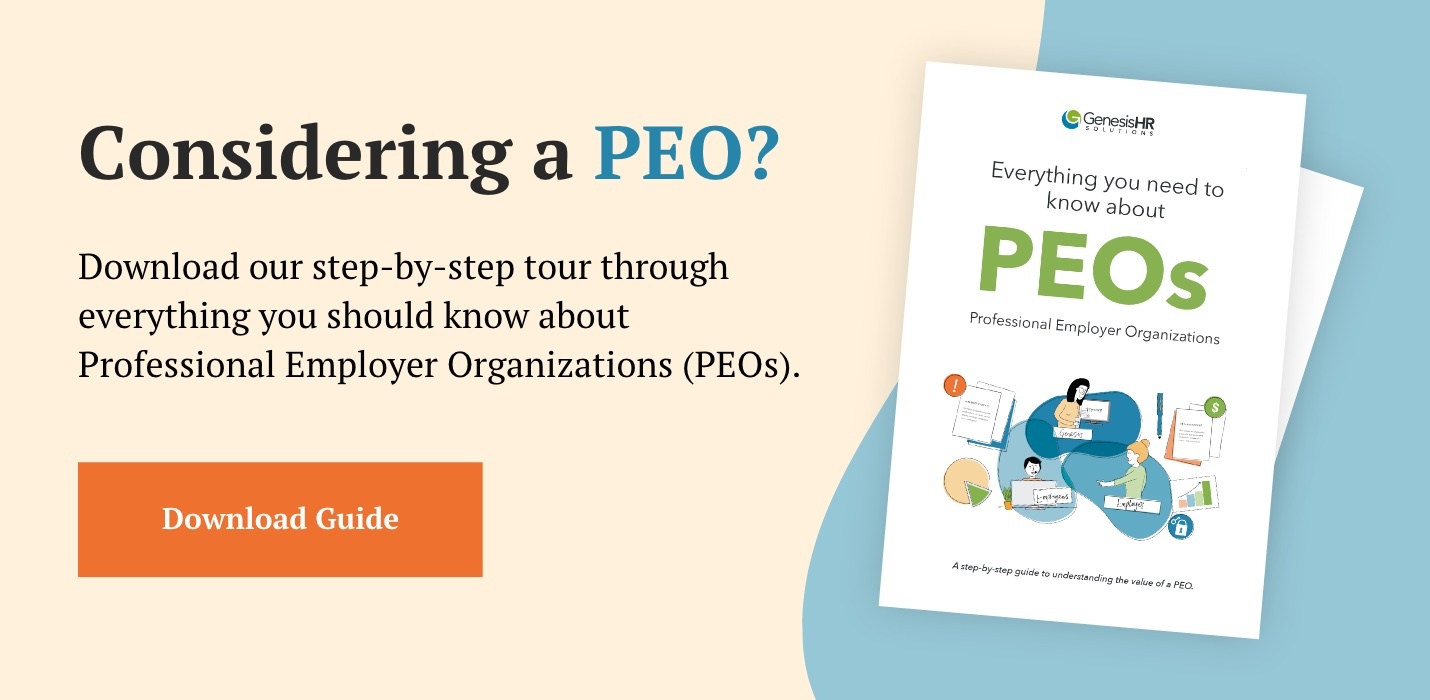 Data security is paramount to any business. While some companies are the victims of sophisticated technical hacks, often data breaches occur by someone taking advantage of or manipulating your most plentiful resource, your employees. Here are some areas to be aware of:
Data security is paramount to any business. While some companies are the victims of sophisticated technical hacks, often data breaches occur by someone taking advantage of or manipulating your most plentiful resource, your employees. Here are some areas to be aware of:
Social Engineering
The most direct way for someone to manipulate an employee is through social engineering. Instead of directly attacking your computer systems, the attacker attempts to manipulate human behavior and emotion to get what they want. These scams are often successful because the attacker knows just enough information to make them sound credible, and that is generally enough for an employee to give up access to sensitive data. To minimize your risk of these types of attacks, make sure to warn your employees to be on the alert for anything that seems out of the ordinary, particularly if it concerns giving out sensitive account information or resetting account credentials. Always attempt to verify the identity of the person making the request as best you can before making any changes or divulging any information.
Weak & Reused Passwords
Another area where your employees can inadvertently provide vulnerability to your information is by using weak passwords or reusing passwords on multiple sites.
- A weak password could be subject to brute force attacks, which are getting more sophisticated and faster all the time. Even if your organization requires a longer or strict password you’re still vulnerable if an employee reuses that password elsewhere.
- Large scale data breaches that include user credentials are becoming much more common, and if your employees reuse a password exposed in a breach, an attacker now has easy access to your system.
- Additionally, other sites may not have sophisticated password reset procedures, or they may store or email passwords in plain text, which could allow an attacker an easier way to find a shared password.
Unsecured Wi-Fi
It can be more convenient to leave your wireless network unsecured or secured with a simple password, but weak security can have serious consequences. Employees may be connecting their own devices to the network, and you may not know if there are any viruses or malware running on personal devices. Additionally, mobile apps may not always transfer information or credentials securely, so if an attacker can easily access your network, they may be able to watch the network traffic to find out sensitive information. Always use a strong password to secure your wireless network, and, if possible, set up your Wi-Fi as a separate network outside of your corporate firewall or separate from secure systems.
Most importantly, limit access to data.
There will always be ways for a determined hacker to try to gain access to your system or data. One of the first and most effective steps you can take is to limit access to sensitive data to only users who truly need that information. By limiting the amount of sensitive information any one person can access, you in turn limit your attack profile, making a large-scale breach less likely.
Be sure to stress to your employees the key role they play in helping keep your data safe.




